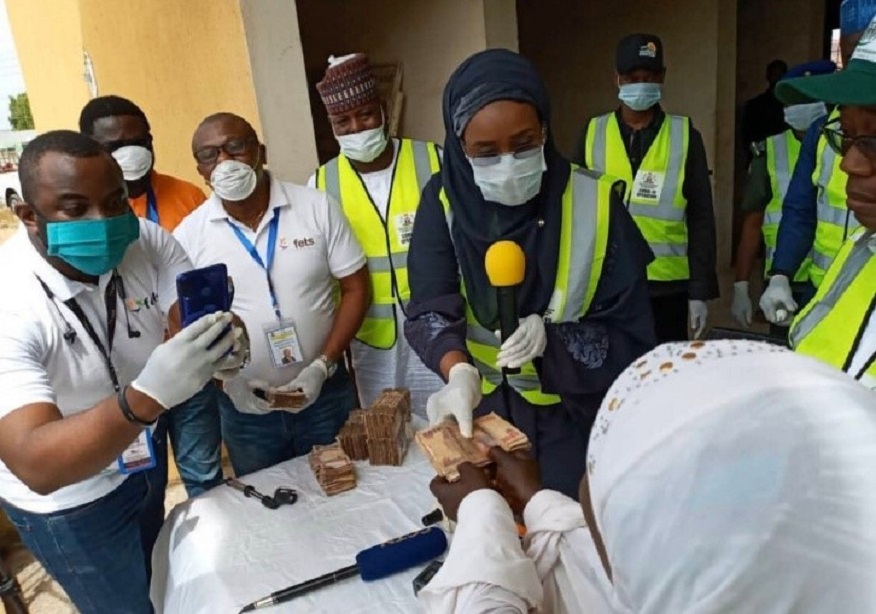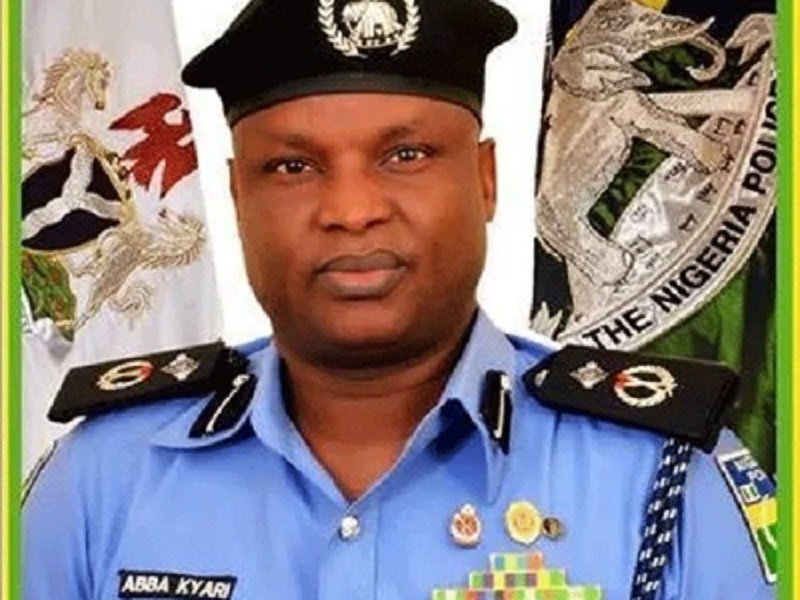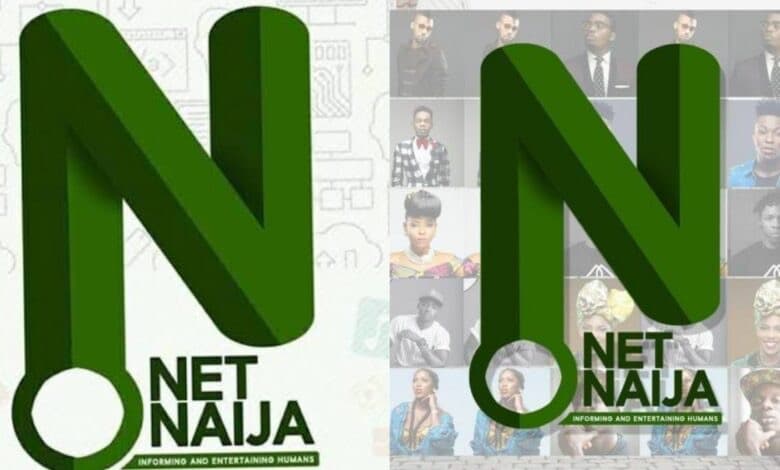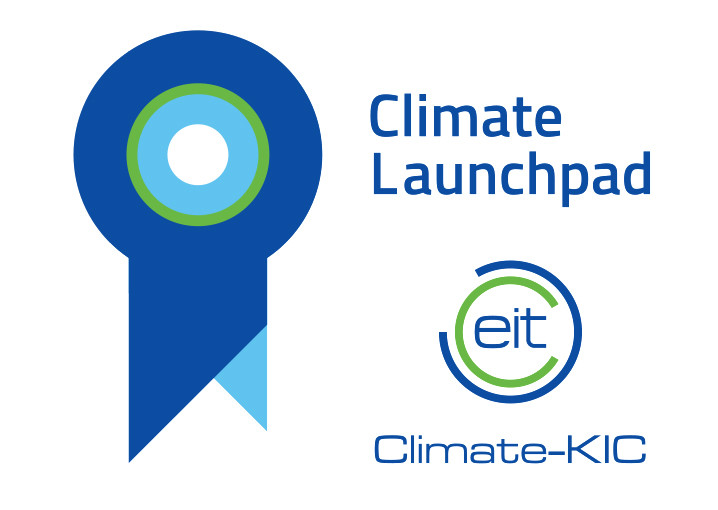General
SERAP Asks FG to Publish N729bn Payments Details

By Adedapo Adesanya
The Socio-Economic Rights and Accountability Project (SERAP) has again written to the federal government, asking the President Muhammadu Buhari-led administration to publish details of the proposed payments of N729 billion to 24.3 million poor Nigerians for six months.
The non-governmental organisation said the Minister of Humanitarian Affairs, Disaster Management and Social Development, Ms Sadia Umar-Farouk, to provide details about the mechanisms and logistics for the payments, list of beneficiaries, how they have been selected, projected payments per state, and whether the payments will be made in cash, through Bank Verification Numbers or other means.
SERAP’s request follows the announcement of the Minister last week that the federal government would pay about 24.3 million poor Nigerians N5,000 each for a period of six months.
She had disclosed this plan at the inauguration of the federal government’s emergency intervention database for the urban poor, saying the payments would serve as a cushion for those further impoverished by the COVID-19 pandemic.
SERAP, in a letter signed by its deputy director, Mr Kolawole Oluwadare, on Sunday, is demanding an explanation of the rationale for paying out the amount, which it says translates to five-per cent of the country’s budget of N13.6 trillion for 2021.
It also wants to know if the proposed spending is part of the N5.6 trillion budget deficit.
The organisation said, “Publishing the details of beneficiaries and selection criteria, as well as the payment plan for six months, would promote transparency and accountability, and remove the risks of mismanagement and diversion of public funds.
“Transparency and accountability in the programme would improve public trust, and allow Nigerians to track and monitor its implementation, and to assess if the programme is justified, as well as to hold authorities to account in cases of diversion, mismanagement and corruption.”
To improve transparency and accountability, SERAP said it believes it is important for the minister to get the Economic and Financial Crimes Commission (EFCC) and the Independent Corrupt Practices and Other Related Offences Commission (ICPC) to jointly track and monitor the payments.
It is giving the government seven days from the receipt or publication of its FoI request to grant it.
“If we have not heard from you by then, SERAP shall take all appropriate legal actions under the Freedom of Information Act to compel you to comply with our request,” the group said.
SERAP explained that although the provision of support and assistance to vulnerable Nigerians is a human rights obligation, the amount involved (five per cent of the 2021 budget) requires anti-corruption safeguards.
Having such safeguards, according to it, will “ensure the payments go directly to the intended beneficiaries, and that public funds are not mismanaged or diverted”.
“SERAP notes that the Nigerian Constitution of 1999 [as amended], UN Convention against Corruption, and African Union Convention on Preventing and Combating Corruption to which Nigeria is a state party require the government to set the highest standards of transparency, accountability and probity in programmes that it oversees,” it said.
“The government has a responsibility to ensure that these requirements and other anti-corruption controls are fully implemented and monitored and that the payments are justified in light of the huge budget deficit and borrowing, and whether there are better ways to spend N729 billion to support poor Nigerians.”
General
Court Acquits Abba Kyari of 23-Count Asset Declaration Charge

By Adedapo Adesanya
Justice James Omotosho of the Federal High Court in Abuja has discharged and acquitted the suspended Deputy Commissioner of Police Abba Kyari of a 23-count charge of alleged non-declaration of assets filed against him by the National Drug Law Enforcement Agency (NDLEA).
Mr Kyari is being charged alongside his two brothers, who were accused of swearing to false affidavits to conceal the origin of some properties.
The court in its judgment held that the NDLEA failed to provide sufficient evidence to prove its case against the defendants, which is mostly the non-declaration of land properties.
Justice Omotosho noted that proving ownership of landed properties can be done through traditional history, title, acts of possession and possession by connection.
The prosecution did not provide any of these documents to show that the said properties located in Fountain Estate, Kasana, which belong to Ramatu Kyari, are truly owned by the police officer.
Also, the court held that the prosecution did not provide the same material evidence linking Mr Kyari to properties in Linda Choko Road, Asokoro and also Maiduguri in Borno State.
Mr Kyari, in his defense said the properties in Borno belonged to his father, which he left for him and his siblings.
It was judged that the prosecution did not prove otherwise, adding that the prosecution charged Mr Kyari’s brothers in bad faith for alleged conspiracy, which they failed to prove.
General
NCC Arraigns Netnaija’s Emma Analike Over Alleged Copyright Infringement

By Modupe Gbadeyanka
The chief executive of Netnaija Media Enterprises, Mr Emmanuel Analike, has been arraigned before a Federal High Court sitting in Abuja by the Nigerian Copyright Commission (NCC).
The suspect appeared before Justice Suleiman Liman on Wednesday over allegations bordering on copyright infringement.
He was accused by the NCC of using his online platform to make movies and others not belonging to him available for users to download on the internet.
According to the agency, Mr Analike has infringed copies of audio-visual materials distributed online via his website for online users. Netnaija is an online movie and music download site.
The prosecution counsel, Ms Gladys Isaac-Ojo, who works with the NCC, told the court that the defendant committed an offence contrary to and punishable under Section 44 (1) (a) of the Copyright Act, 2022.
However, Mr Analike pleaded not guilty to the charges preferred against him, prompting his counsel, Nnemeka Ejiofor, seek his bail.
The lawyer informed the court that the application was filed on Monday and supported by 23 paragraphs of affidavits and a written address.
But the judge refused to give a bench ruling and adjourned the ruling of the bail application to Monday, March 9, 2026, ordering the remand of the Netnaija chief in Kuje Correctional Centre.
General
Entries Open for ClimateLaunchpad Green Business Ideas Competition

By Modupe Gbadeyanka
Entries for the 2026 edition of the world’s largest green business ideas competition, ClimateLaunchpad, have opened.
In 2025, the programme, organised by Climate KIC, received over 2,700 applications from 40 countries. The winning ventures gain prize money, investor connections, and access to a global cleantech network.
This year’s edition is expected to be bigger and better, with climate innovators, green venture builders, and entrepreneurs from around the world given the opportunity to apply.
Since its inception in 2014, the programme has supported nearly 5,000 ideas across 97 countries, and this year, it is expanding its presence in Asia with Singapore hosting both the regional final and global grand final for the first time.
Participants move through several stages, including an initial mini-course to refine the concept, an intensive multi-day Boot Camp led by expert trainers, targeted coaching to perfect value propositions and investor pitches, national and regional finals, and a place at the global grand final, with prizes and access to a global climate network.
“Strengthening ClimateLaunchpad’s presence in Asia marks a profound new chapter for this programme and for the climate innovation movement more broadly. Asia is where so much of the world’s climate and nature future will be shaped, through business leadership, public-private partnerships and long-term strategic thinking,” the chief executive of Climate KIC, Kirsten Dunlop, stated.
“We look forward to supporting this momentum with new business ideas and innovation ecosystem collaborations across more than a dozen countries.
“This expansion opens space for deeper cross-cultural connections and for first-time founders to turn sparks of imagination into solutions that serve both people and planet,” Dunlop added.
Also commenting, the chief executive of Better Earth Ventures, Ms Rebecca Sharpe, said, “We are proud to host ClimateLaunchpad’s regional and global grand final in Singapore and to convene an international group of climate entrepreneurs from more than 50 countries.
“Climate solutions are emerging from every corner of the world, and bringing them together creates the kind of cross-border exchange and collaboration this moment demands. Our focus is to ensure early-stage founders have the structure, ecosystem access and support needed to move from idea to credible impact.”
-

 Feature/OPED6 years ago
Feature/OPED6 years agoDavos was Different this year
-
Travel/Tourism10 years ago
Lagos Seals Western Lodge Hotel In Ikorodu
-

 Showbiz3 years ago
Showbiz3 years agoEstranged Lover Releases Videos of Empress Njamah Bathing
-

 Banking8 years ago
Banking8 years agoSort Codes of GTBank Branches in Nigeria
-

 Economy3 years ago
Economy3 years agoSubsidy Removal: CNG at N130 Per Litre Cheaper Than Petrol—IPMAN
-

 Banking3 years ago
Banking3 years agoSort Codes of UBA Branches in Nigeria
-

 Banking3 years ago
Banking3 years agoFirst Bank Announces Planned Downtime
-

 Sports3 years ago
Sports3 years agoHighest Paid Nigerian Footballer – How Much Do Nigerian Footballers Earn












